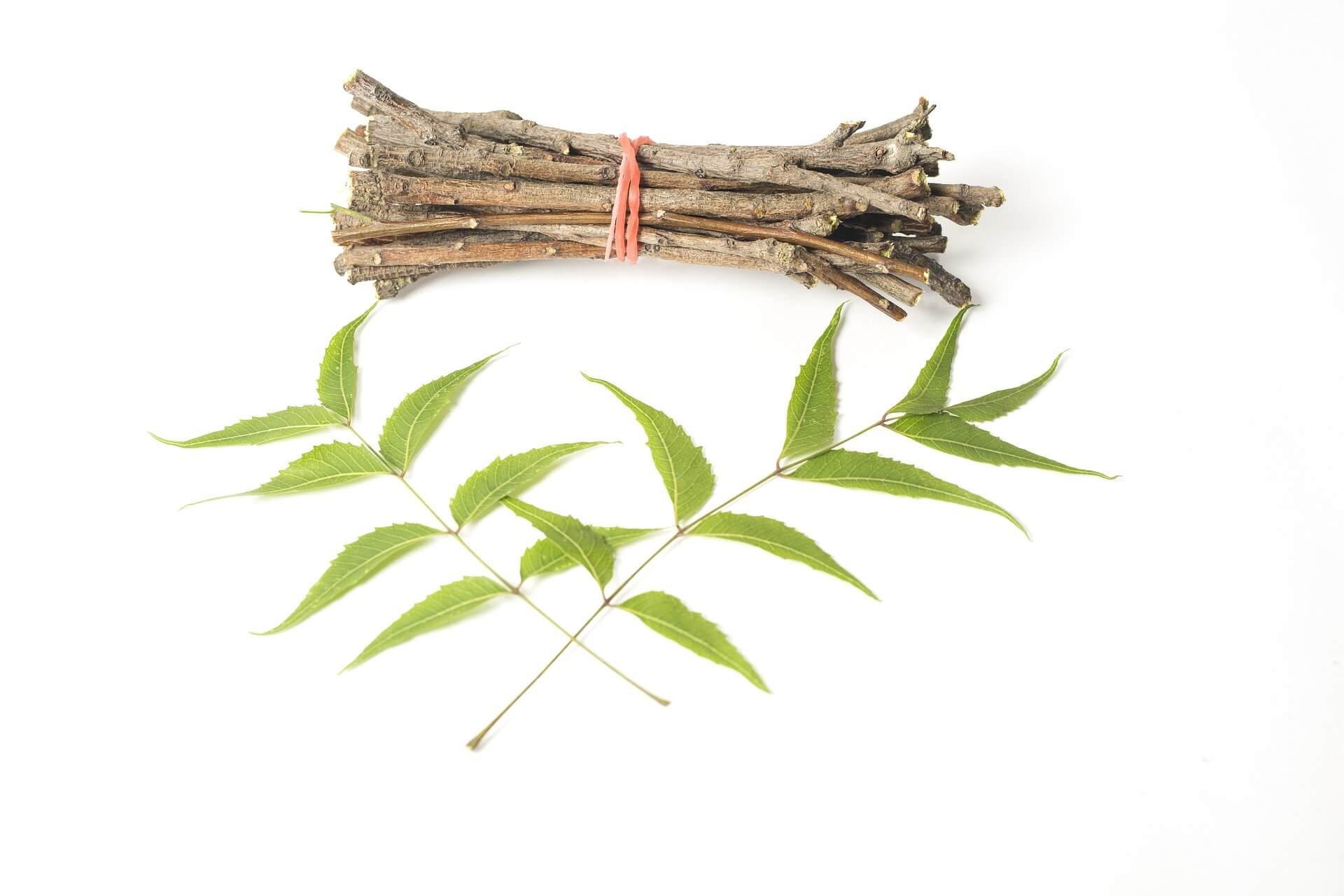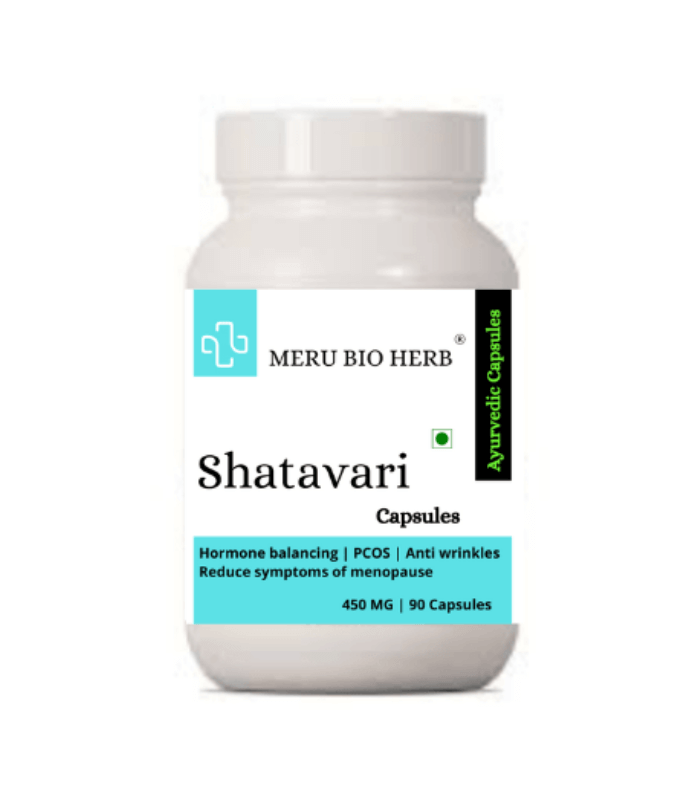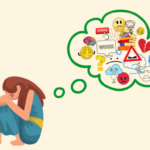Ayurveda is the science of the knowledge of life. This science originated from India more than 5000 years ago, and was a part of the knowledge recorded within the Vedic scripture. The Vedas (the term ‘Veda’, in Sanskrit is knowledge or science) are the world’s oldest available classics and ancient Indian books of data. They provided guidance on all aspects of life – from engineering to philosophy and spirituality. These truths are as relevant today as they were in 5000 BC India, since the knowledge they contain are universal. Ayurveda defines a complete way of life. It’s not only about treating sickness – it is about preventing disease and enhancing health, longevity and vitality. The goal of Ayurveda is to realize harmony and balance. This is often attained without drugs or invasive treatments. A diet, herbal remedies, gentle exercise and physical therapies are generally the methods used. The term Ayurveda comes from two Indian words: Ayur or life and Veda or knowledge. Ayurvedic medicine is thus described as “knowledge of the way to live”, emphasizing that healthiness is that the responsibility of the individual. In Ayurvedic medicine, illness is seen in terms of imbalance. Hence, the practitioners seek to restore equilibrium with herbs and dietary controls.
India is famous for its traditional medicinal systems—Ayurveda, Siddha, and Unani. Ancient Indian system of health care focused on views of man and his illness. It is being acknowledged that the positive health means metabolically well-balanced people in general.
BASIC PRINCIPALS OF AYURVEDA
According to Ayurveda, the five basic elements in nature are:
1. space(akash)
2. air (vayu)
3. fire (agni)
4. water (jala)
5. earth (prithvi)
In our bodies, health may be a state when these elements remain completely balanced. Conversely, imbalances result in disharmony, which ultimately, ends up in disease. All aspects of nature may be explained in terms of the weather, including seasons, times of the day, geographical and topographical location and even more subtle aspects like emotions. Ayurveda is additionally called the “science of longevity” because it offers an entire system to measure an extended healthy life. It offers programs to rejuvenate the body through diet and nutrition. It offers treatment methods to cure many common diseases like food allergies, which have few modern treatments.
Food is the major source for serving the nutritional needs, but with growing modernization some traditional methods are being given up. Hence, the fashionable food habits are affecting the balanced nutrition. There’s an ever widening gap in nutrient intake, due to which normal life is not any longer normal. However, affluence of working population with changing lifestyles and reduced affordability of care, in terms of time and money involved, are a number of forces that are presently driving people towards brooding about their wellness.
The Doshas
At the roots of Ayurveda is that the principle of “doshas,” which are the metabolic types that structure a person’s constitution. The doshas are the essential forces behind an individual’s physical, mental, and emotional makeup. There are three doshas, “Vata,” “Pitta,” and “Kapha.”
According to Ayurveda, everything within the world consists of 5 elements: Earth, air, fire, water, and space. These elements combine to make the doshas. Everyone has his or her own particular balance of those elements — everyone features a unique dosha. When your dosha becomes imbalanced, the natural flow of “prana” (Sanskrit for “life force energy”) becomes disrupted. This disruption causes a build-up of toxic waste within the body, mind, and spirit which creates disease.
To truly determine your dosha, it’s best to go to an Ayurvedic practitioner or physician. However, learning some general characteristics can point you towards the right direction.
Read on for basic information about each dosha.
Vata
The Vata dosha may be a combination of air and space. Vata people are creative, active, and changeable. They’re those who are always on the go! They’ll combat various activities, but they get tired easily and need much sleep. They’re typically slim, angular, and long-limbed, with dry skin. They’ll sometimes forget to eat. Vata people are “idea people,” arising with many imaginative, unique solutions to problems. However, they’ll lack the follow-through to successfully realize all of their ventures. A Vata imbalance may result in excess nervous energy, fear, confusion, and anxiety. The physical results are gas, constipation, poor circulation, and insomnia.
Pitta
The Pitta dosha may be a combination of fireside and water. Pitta people are competitive, driven, and perfectionists, traits which will be desired qualities during a team venture! However, they will also become overly aggressive and jealous. They typically have a medium build-up with well-defined muscles, and powerful, warm hands. They even have hearty, dependable appetites. Pitta people tend to possess higher body temperatures, and they are very sensitive to direct sunlight and warmth. Excessive Pitta can cause anger and overblown tempers. The physical results of Pitta imbalance are ulcers, indigestion, and skin irritations, like cold sores or acne.
Kapha
The Kapha dosha may be a combination of water and earth. Overall, Kapha people are calm, kind, and loving. They’re those who are always baking cookies or offering a warm hug. However, their patient natures also can cause laziness and over-attachment. Though they’ll learn and crawl, they need excellent memories and follow-through. Kapha people tend to be big-boned and amply built, with large, soft eyes and funky hands. They like to eat, but they will choose long periods between meals. Imbalances in Kapha can cause withdrawal, depression, and reclusive tendencies. Physically, this will cause weight gain, lethargy, and excess mucus — leading to coughs, sinus infections, and other congestion-related disorders.
One should remember that Ayurvedic treatment isn’t a “magic bullet” system but requires the complete participation of the patient to succeed. It’s an interactive system that’s user-friendly and academic. It teaches the patient to become responsible and self-empowered. Ayurveda isn’t a nutritional system for those seeking an escape or excuse to further abuse their body or mind. It’s a system for empowerment, a system of freedom, and long life.
Join the FORUM to discuss with the experts from around the world. Learn more about our range of Ayurvedic Products.
#ayurveda #ayurvedic_products #Kapha #Pitta #Vata #Dosha #space #air #fire #water #earth #healthcare #wellness #clinqon_india #webinar #forum










































































Ayurveda is a tradition that has been going on for centuries in our country. Especially this Ayurveda was very beneficial during the corona epidemic.